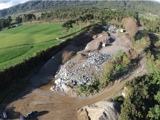Current cost to the ratepayer:
Bags
- $9.10 per 60 litre bag
- $236.60 per annum (for one 60 litre bag per fortnight)
- $473.20 per annum (for one 60 litre bag per week)
- $946.40 per annum (for two 60 litre bags per week)
120 litre wheelie bin
- $28.50 per pick up
- $741.00 per annum (collected fortnightly)
240 litre wheelie bin
- $39.30 per pick up
- $1,021.80 per annum (collected fortnightly)
Advantages
- Users only pay for what they use, via pre-purchased bags, bin tags payment methods can be introduced by the contractor.
- Wheelie bins can allow fortnightly collection instead of weekly, this will be defined by the contractor to optimise the delivery service.
- Households that minimise waste (produce less than one bag per fortnight) will pay less.
Disadvantages
- Households are required to purchase pre-paid rubbish bags or arrange for a wheelie bin service from a private contractor.
- Price per household is likely to be higher for Pay As You Throw compared to Targeted Rate funded service for the higher users and rubbish generators.
- Increased illegal dumping risks if Contractor-set pricing too high.
- Households are likely to minimise the number of times they put their bin or bag out, potentially resulting in smelly rubbish.
- If pre-paid tags are used for wheelie bins, some may get stolen.
- Bag collections result in more health and safety issues for the contractor.
- Service inefficiency as routes operate regardless of collection quantity.













